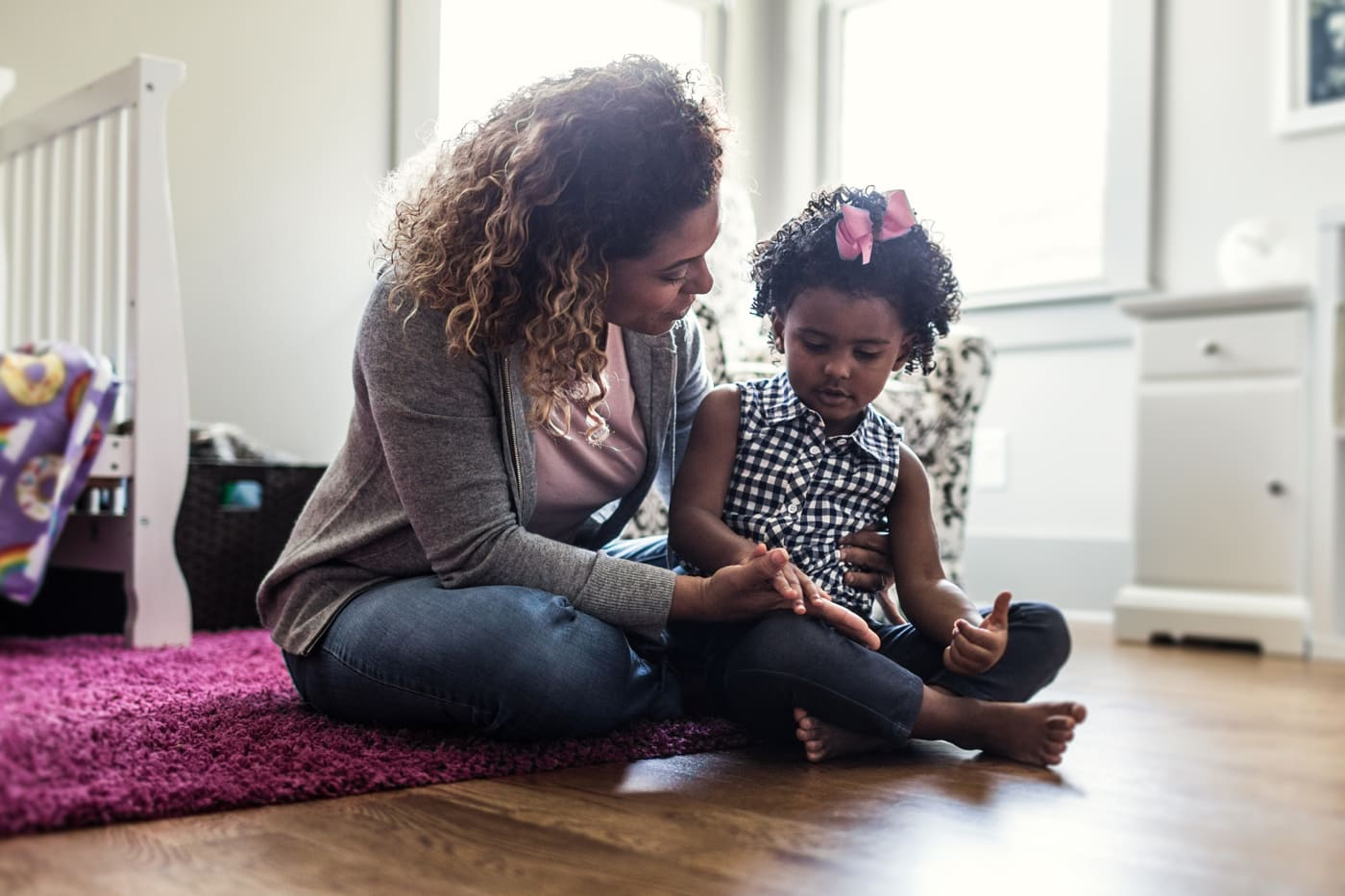
7 Little Talks on Healthy Sexual Development to Have With Your 9- to 12-Year-Old
written by Saprea
One obstacle for many parents when it comes to teaching their child about healthy sexual development is what to teach, and when. We want to help provide you with an outline of things that you may consider teaching at different age ranges. Of course some children are more or less mature than their peers and you should adjust your talks accordingly.
Children from ages 9 to 12, sometimes called “tweens,” may be dealing with a great many physical and hormonal changes. On average, girls are 10 or 11 years old and boys are 11 or 12 years old when puberty begins. With puberty comes heightened sexuality and a greater awareness of sex in the media. By discussing the items below, you’ll help them continue to develop a healthy view of sexuality.
Tweens may also have questions that they bring to you on their own—don’t shut them down! Answer them to the best of your ability and engage in a conversation. They will be more likely to come to you with problems if you are supportive of their questions.
SUPPORT HEALTHY BODY IMAGE
This age is when children are especially vulnerable to what makes them different from their peers physically. Be sure you are aware of how they view themselves and encourage them to have a positive outlook of their body and their abilities. Reinforce the importance of their whole person as it relates to self-esteem, as they may place a large amount of their self-esteem on body image alone. For example, you can compliment your child on their talents, their work ethic, as well as their looks.
DISCUSS DRUGS AND ALCOHOL
This may seem young, but many adolescents start drinking or smoking at age 12 or 13. You want to address this with your child before it becomes an issue.
TALK ABOUT PUBERTY
There are a lot of physical and psychological aspects of puberty that you will want to share with your child. Armed with the proper education, they’ll feel less overwhelmed by all the changes occurring and be able to make sense of this confusing time of life.
TALK ABOUT RELATIONSHIPS, CONSENT AND RESPECT
Model for them what a healthy relationship should look like. Continue to educate them about consent—both for themselves and others. Teach them the role respect should play in their relationships and in practicing consent.
ADDRESS APPROPRIATE BOUNDARIES AND SEXUAL ABUSE
Let them know that they are allowed to set boundaries with the people in their lives. Talk more explicitly about sexual abuse and what they should do if it occurs, has occurred, or if they are worried it will occur. This can be a rather difficult topic, but it’s imperative that you address it openly with your child at this age.
TEACH THEM ASSERTIVE COMMUNICATION
This goes well with both consent and setting boundaries, but you want to empower your child to stand up for themselves, especially when it comes to their physical and emotional well-being.
TALK ABOUT MEDIA
This may include discussions about how sexuality, body image, and gender roles are portrayed. For example, you could address the way that women are often treated in advertising, on TV shows, and in movies. It should definitely include a discussion on pornography. It’s within this age group that most children are exposed to their first pornographic images.
This can be a difficult time for tweens and parents alike. A lot of things may be shifting in your relationship. Your child is pushing toward greater autonomy and you need to find the balance between giving them their freedom and keeping them safe. The greatest asset at this age will be open communication between you and your child. Encourage them to come to you with questions and problems. Let them know that you’re there for them and continue to be a safe person for them to confide in.
Remember, conversations don’t have to be perfect. Every time you do it you’ll become a little more comfortable, as will your child. The benefits of just trying will amaze you.
Talking to Your Kids at All Ages
You can talk to your child about healthy sexual development no matter the age. Below we have links to articles about what you should cover in each age range. Always take the time to think through what you’re going to say and remember to keep your child’s maturity in mind. And remember, every time you have a little talk it makes it a little easier to have the next one.
Share this Post





